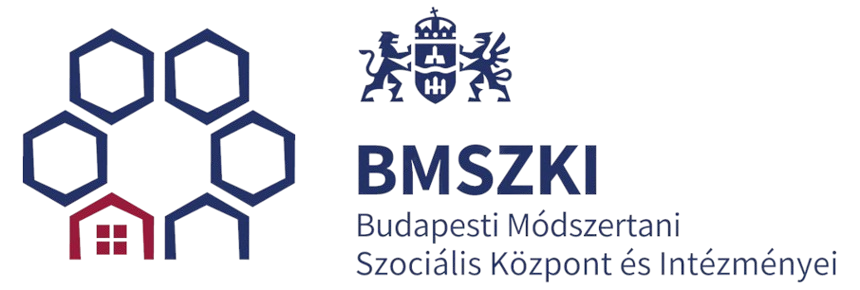AMIF PROGRAM
Housing program for refugees and people with subsidiary protection status
The Budapest Methodological Social Center and its institutions are committed to assisting homeless, vulnerable people who have lost their self-confidence. To enable us to meet the needs of these people we have placed the development of our services at the core of our professional work. Our search for improvements has culminated in the launch of our new housing program: "Promoting independent housing for the beneficiaries of international protection".
-
The goal of the program
The goal of our new program is to help refugees and people with subsidiary protection status to make a new start in life and live independently.
Our institution has provided housing support for homeless people for over 10 years and, based on this experience, we have developed our current program, which provides:
- financial support for a minimum of 8 and a maximum of 12 months;
- case management and housing counseling; and
- after the end of the financial support 6 months of aftercare service for the refugee or person with subsidiary protection.
In the program some of the primary tasks of the social workers are: helping with finding an independent and safe housing solution, contacting the landlords, concluding rental contract, dealing with housing-related duties, general office administration tasks, helping with the job search, getting access to and ensuring participation in a Hungarian language course, enrolling children in schools.
To help our clients to overcome the trauma caused by war, persecution and the loss of their home – where needed – we offer the services of a psychologist.
One of the most important elements of integration into society is work and – associated with it – having their own income. Our colleagues have many years of experience in job seeking for poorly educated, homeless people who often have a variety of health problems. With this experience, they can provide efficient support for our clients, which helps them to find a job more easily and to have enough income to live independently. Where needed, an interpreter can help make the communication between the client and the social workers more efficient.
Our aim is to provide complex services that facilitate an independent life and accommodation, even after the housing allowance is terminated.
The program is financed for 75% by the European Union and 25% by the Ministry of the Interior, via the European Commission through the Asylum, Migration and Integration Fund (application ID: AMIF-2.2.8.-2015-00002).
_alap_fekv%C3%B6-logo(4C)_HU.jpg)
